
Penjawat Awam to Get RM1,500 Raya Bonus This March 2025
Find out the 2025 Raya bonus amounts for penjawat awam across Malaysian states, payment dates, and eligibility details for government employees ahead of Hari Raya Aidilfitri.
Read MoreProducts
JOB AD
Hire INSTANTLY with AI and get highly relevant candidates in 72 hours

CAREER PAGE
Build your personalized career page with strong company branding to attract candidates and manage your job vacancy.

AJOBTHING REVIEW
Explore what employers love about AJobThing recruitment platform for fast & successful hiring
Resources
Products
JOB AD
Hire INSTANTLY with AI and get highly relevant candidates in 72 hours

CAREER PAGE
Build your personalized career page with strong company branding to attract candidates and manage your job vacancy.

AJOBTHING REVIEW
Explore what employers love about AJobThing recruitment platform for fast & successful hiring

Find out the 2025 Raya bonus amounts for penjawat awam across Malaysian states, payment dates, and eligibility details for government employees ahead of Hari Raya Aidilfitri.
Read More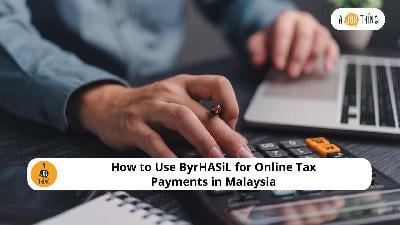
ByrHASiL is Malaysia’s official online tax payment platform, allowing individuals and employers to pay taxes such as Income Tax, PCB (Potongan Cukai Bulanan), and corporate taxes efficiently.
Read More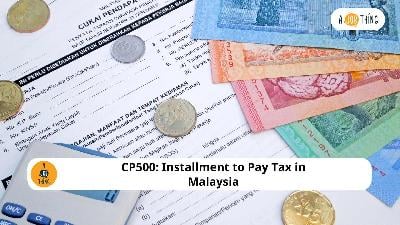
The CP500 installment plan is a prepayment system for taxpayers in Malaysia with additional sources of income, such as rental, business profits, or freelance earnings.
Read More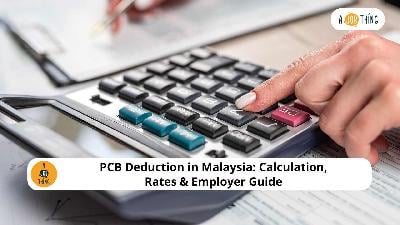
PCB (Potongan Cukai Bulanan) deduction is a mandatory monthly tax deduction imposed on employees' salaries in Malaysia to ensure income tax compliance.
Read More
The 182 Days Rule in Malaysia determines an individual's tax residency status based on their physical presence in the country within a calendar year.
Read More
Learn about salary payment rules under Malaysia’s labour law, including payment deadlines, deductions, and employer obligations. Stay compliant with the latest regulations.
Read More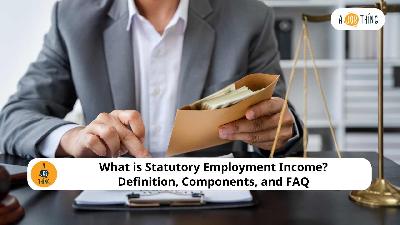
Statutory Employment Income refers to all earnings received by an employee from their employer, including salary, bonuses, commissions, and allowances, which are subject to taxation and statutory contributions in Malaysia.
Read More
Learn how to calculate overtime for shift workers in Malaysia under the Employment Act 1955. Understand overtime rates, legal requirements, and employer responsibilities.
Read More
A salary structure is a framework that defines how employees are compensated based on job roles, experience, and industry standards. It includes basic salary, allowances, bonuses, and deductions to ensure fair and competitive pay.
Read More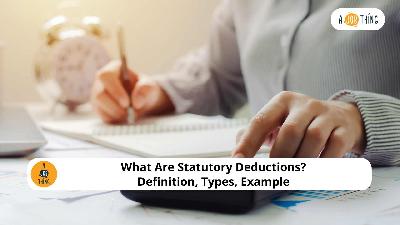
Learn about statutory deductions in Malaysia, including EPF, SOCSO, PCB, and EIS. Understand employer obligations, contribution rates, and payroll compliance.
Read MoreAre You Hiring?
Find candidates in 72 Hours with 5+ million talents in Maukerja Malaysia & Ricebowl using Job Ads.
Hire Now